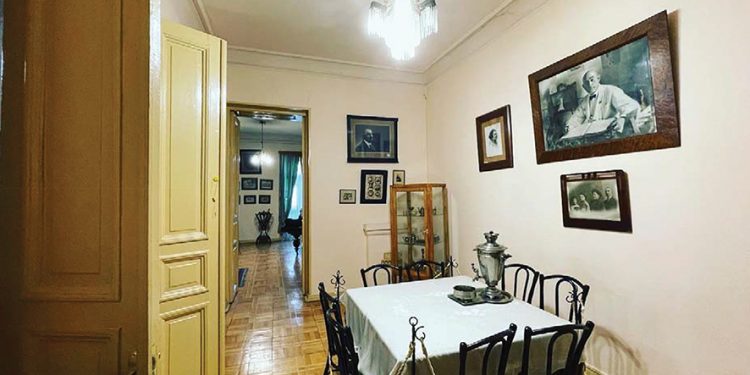As the curtains prepare to rise on the Tbilisi Opera House’s new season with one of Zakaria Paliashvili’s masterpieces ‘Abesalom da Eteri,’ there’s no better time to immerse yourself in the life and legacy of this monumental composer. The Museum of Zakaria Paliashvili, a hidden gem in Tbilisi’s cultural landscape, offers a unique opportunity to delve into the world of Georgia’s musical giant. For enthusiasts and newcomers alike, a visit to this museum is a journey through time that celebrates the essence of Georgian classical music.
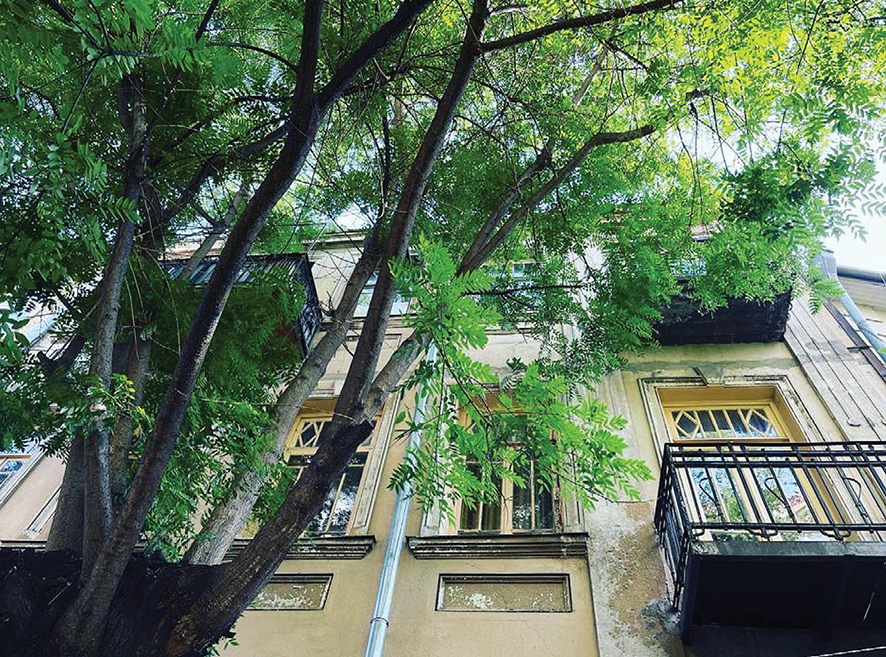
A Symphony in Stone: The Museum’s Charm
Zakaria Paliashvili stands as a towering figure in the history of Georgian music. His contributions to the development of Georgian operatic and classical music are profound and far-reaching. Paliashvili was the first composer to integrate elements of Georgian folk music into classical opera, a move that significantly influenced the evolution of Georgian musical tradition. His works are characterized by vivid melodic lines and intricate orchestration, setting them apart in both Georgian and global musical contexts.
Housed in the former residence of Zakaria Paliashvili, the museum itself is a piece of historical artistry. Its architecture, a testament to early 20th-century Georgian design, reflects the era of Paliashvili’s creative peak. The building’s classic charm sets the stage for an intimate exploration of the composer’s world. Inside, the space is thoughtfully curated to balance historical reverence with modern exhibit practices, creating an immersive experience for visitors.
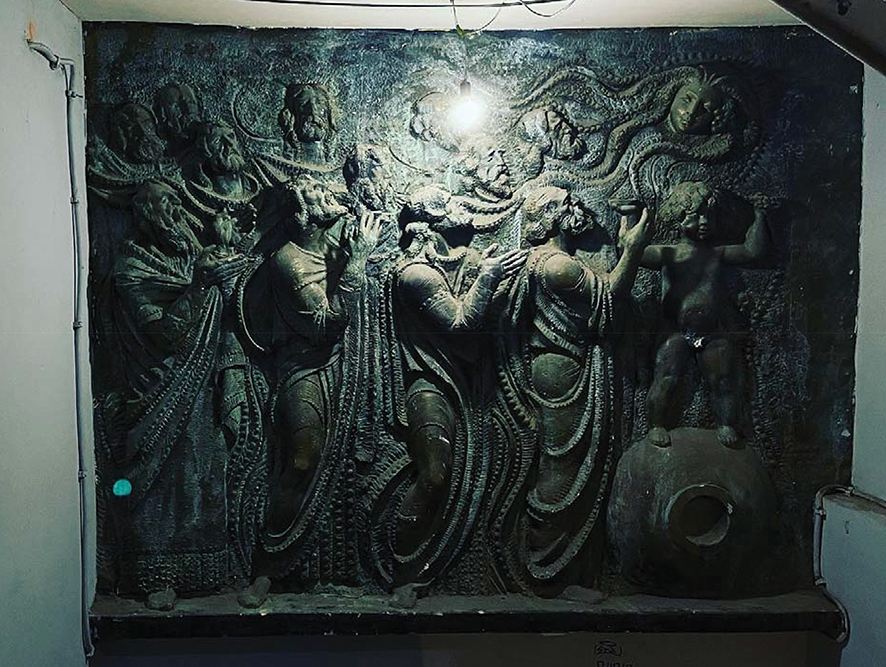
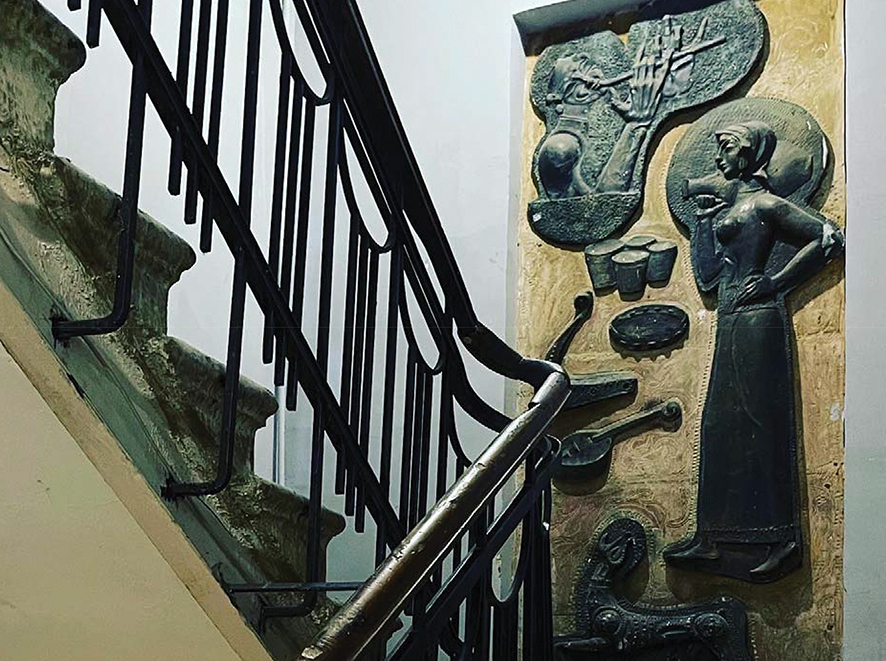
Manuscripts and Melodies: A Treasure Trove of Musical History
One of the museum’s most captivating features is its extensive collection of original manuscripts and musical scores. Among these, the manuscript of ‘Daisi’ stands out, offering a window into Paliashvili’s genius. This opera, with its rich blend of Georgian folk elements and classical sophistication, is a cornerstone of his legacy. For musicologists and enthusiasts, these manuscripts are not mere artifacts, but living documents of a composer’s creative journey.
‘Abesalom and Eteri’ is one of Paliashvili’s most renowned works, based on a Georgian epic. Premiering in 1928, this opera is noted for its complex orchestration and deep emotional impact. Musically, Paliashvili employs traditional Georgian melodies and rhythms, woven into a classical operatic framework. The opera exemplifies a synthesis of folk elements with European operatic traditions, creating a unique style distinguished by its orchestral textures and vocal techniques.
‘Daisi’ is another significant work by Paliashvili, first performed in 1924. It is considered a pinnacle of his operatic output, marked by a harmonious blend of folk motifs and classical forms. In ‘Daisi,’ Paliashvili uses expanded harmony and complex polyphony to create a rich emotional palette. The opera explores themes of love, betrayal, and struggle, making it both universally engaging and culturally significant.
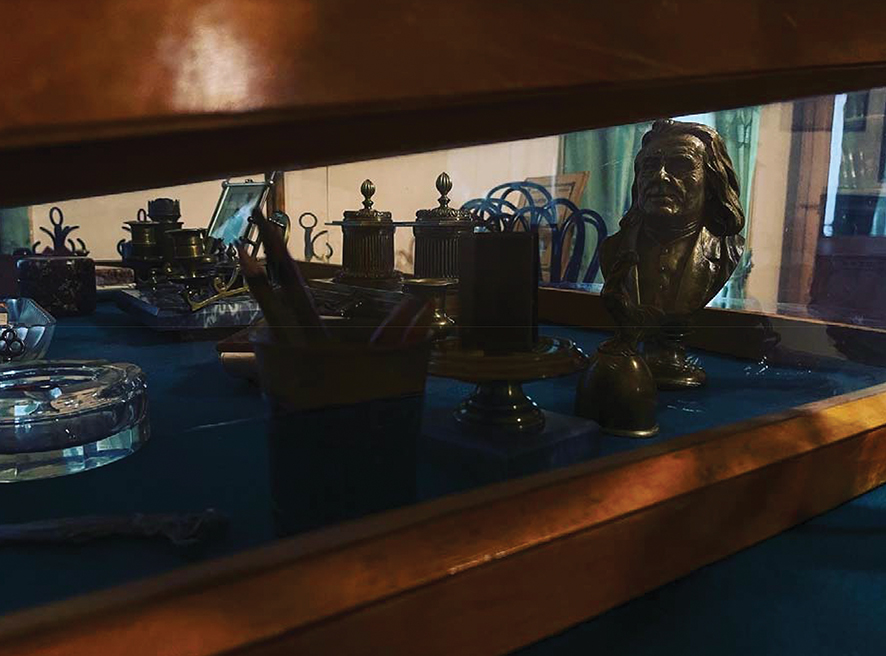
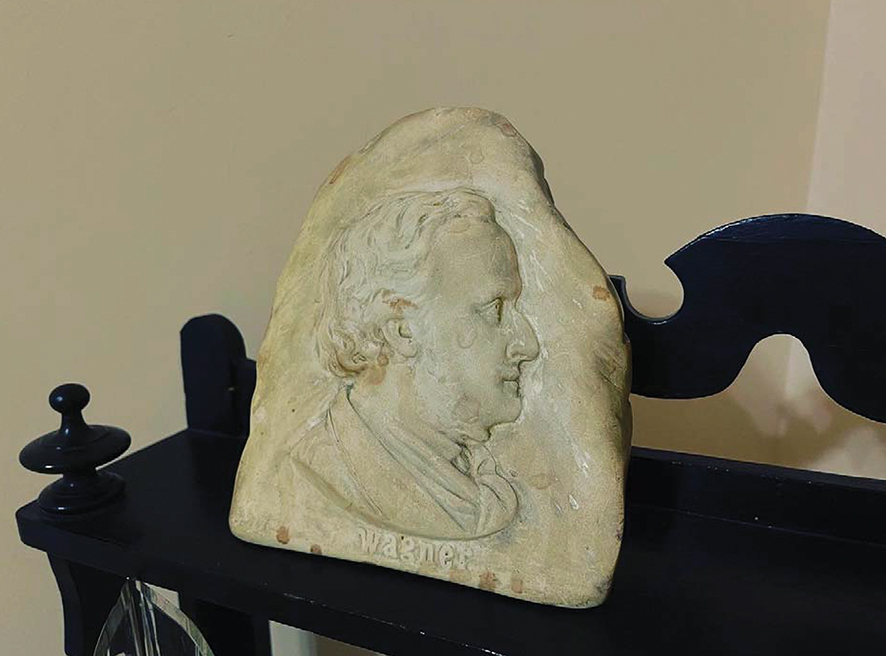
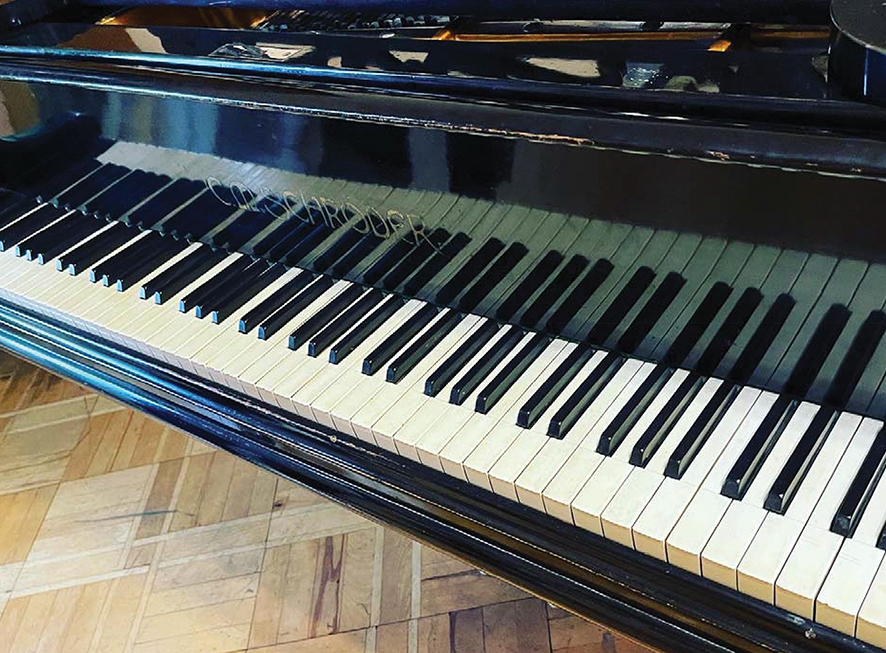
Personal Echoes and Aural Immersion: A Composer’s Intimate World
The museum’s collection of personal letters and correspondence provides a fascinating glimpse into Paliashvili’s life beyond the stage. These letters, exchanged with notable contemporaries such as Kote Marjanishvili, offer insights into the broader cultural and political landscape of the time. The intimate nature of these documents reveals the human side of a man whose music has touched so many lives.
In addition to visual exhibits, the museum features a dedicated space for auditory exploration. Here, visitors can listen to recordings of Paliashvili’s most celebrated works, including ‘Abesalom da Eteri.’ This audio experience brings his compositions to life, allowing one to appreciate the subtleties of his musical language and the emotional depth of his operas.
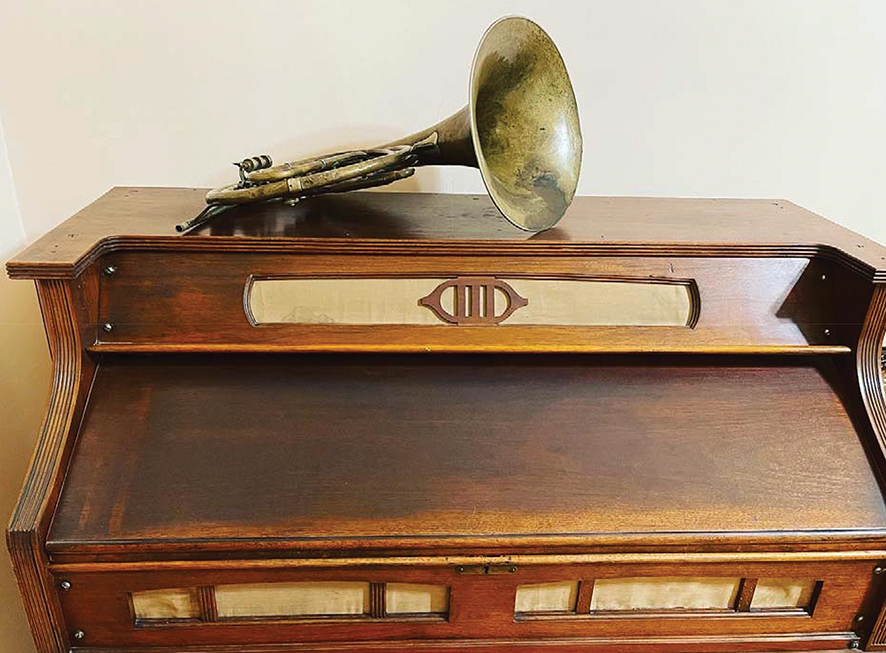
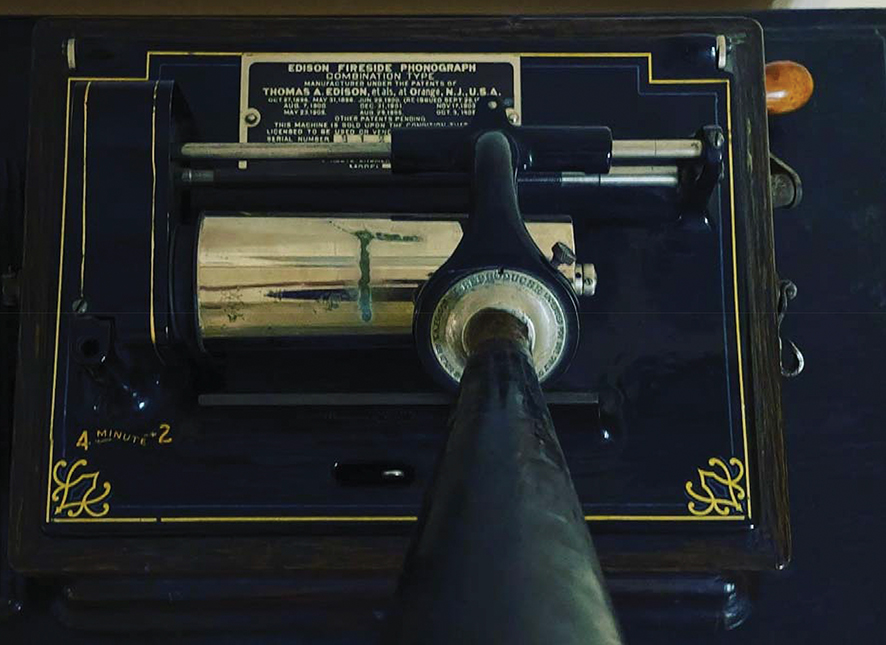
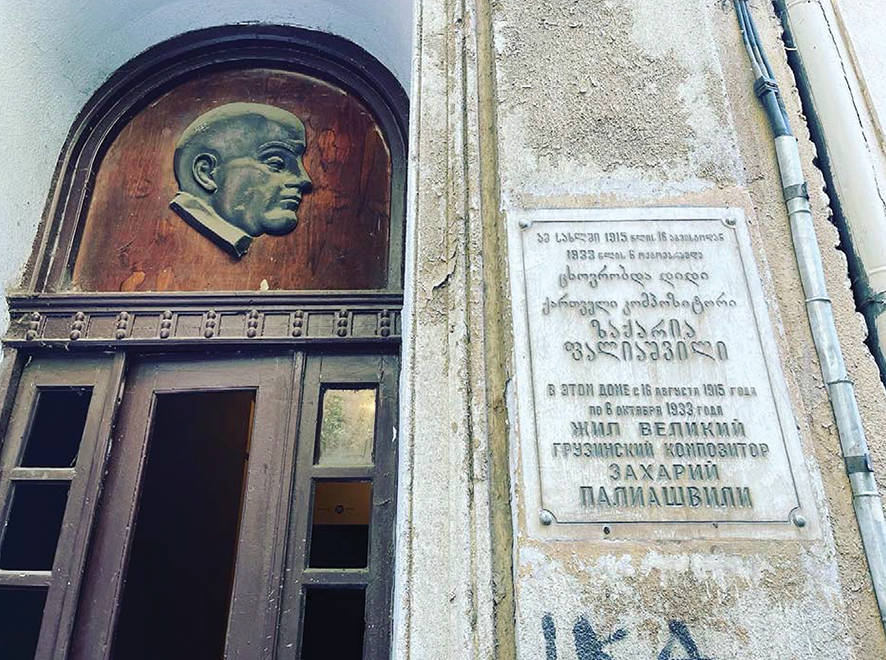
A Cultural Beacon: Educational Programs and Community Engagement
The Museum of Zakaria Paliashvili is more than just a repository of historical artifacts; it is a vibrant educational center. With regular lectures, workshops, and performances, the museum plays a crucial role in fostering a deeper understanding of Georgian music. Its outreach initiatives, including collaborations with schools and international cultural organizations, ensure that Paliashvili’s legacy continues to resonate with audiences around the world.
As the new opera season unfolds and Tbilisi embraces Paliashvili’s works once more, a visit to the Museum of Zakaria Paliashvili offers an unparalleled opportunity to connect with the composer’s enduring legacy. Through its expertly curated exhibits and engaging programs, the museum stands as a testament to Georgia’s rich musical heritage. For anyone with a passion for music and history, it is a destination that promises both inspiration and insight.
By Ivan Nechaev

